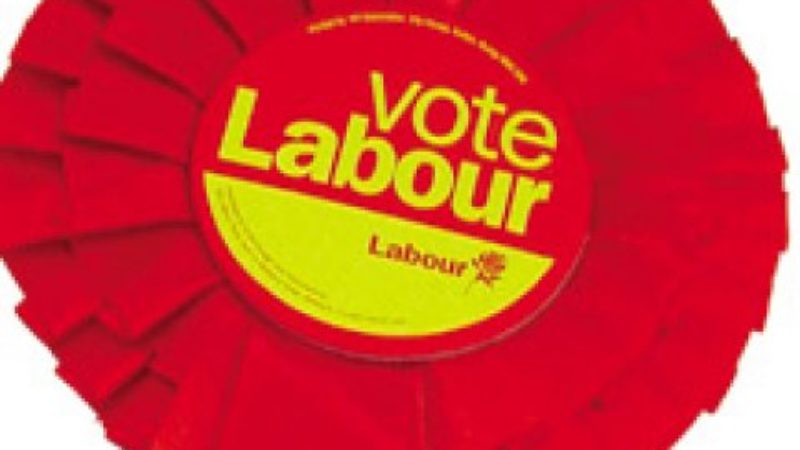
This week, UKIP MP Godfrey Bloom has got himself in a lot of trouble by using the phrase “Bongo Bongo land” to refer to recipients of UK foreign aid. Quite right too. It’s a horribly racist phrase that was uttered as a “crowd pleaser” at a rally and has no place in modern, democratic political argument. It makes him sound like what he is (and what UKIP are and are terrified of revealing themselves to be): a silly, insular entity with no understanding of the modern globalised world.
But we can’t treat Bloom as an isolated case. For him, his “common sense” is racism and a sense of superiority divergent from many of the modern triumphs of the UK (our diversity, our generosity and our understanding of our responsibilities in the world would be ones I myself would highlight). For many others, their “common sense” lies in other places we may find more or less pleasing. But we still find ourselves up against the mantra of “common sense” at all turns.
My life took an odd direction recently, which led to me taking a lot of minicabs over the last few months and therefore listening to a lot more talk radio. One thing that struck me about both the hosts and the callers was how certain they all are, not just about their own positions, but about the popular support their positions have. Most of the callers – and the experts called in for discussion (full disclosure: occasionally that means me) are convinced not just of the rightness of their position, but on the fact that their position has popular support.
But we can’t all be right and we can’t all be popular. And sometimes it is impossible to be both.
UKIP currently have a moderately (there are no real chances at a Parliamentary seat in their immediate future, however well they do in the 2014 Euro elections) successful strategy of harnessing the right wing of the country by speaking the “truth” as they and their mates see it. Bloom clearly articulated this when he said that all the members of “cricket and rugby” clubs basically agreed with him.
He’s wrong – of course. And we can all rejoice in his wrongness. The country has moved on thankfully.
But his attitude is one that is prevalent in every political party and every political campaign.
It is one that is especially dangerous to Labour – particularly at this point in the electoral cycle.
Labour desperately need more definition and more policies that define our offer. As we enter the downward stretch into the next election, we cannot simply be the party that tells electors what the Tories are getting wrong.
But I have lost count of the amount of well-meaning Labour members who tell me “If we just scrap ATOS and the Bedroom Tax” “if we just offer an immigration amnesty” “if we just vow to sort our zero hours contracts” we will be elected in a landslide.”Scrap trident” “Scrap tuition fees” “Scrap cuts”.They will vote for us in droves I am told.
God I wish that were true. There’s nothing there I disagree with. But nothing that my swing voter friends talk to me about on a daily basis either. They are our slogans – they are not convincing anyone who doesn’t already agree with us.
This is not to say I don’t think Labour should run on any of these issues (through a forward plan of positive measures ass well as a list of what we’d scrap is also essential) but that we can’t assume that simple. comfortable oppositionalism is the way to electoral success.
Take the Bedroom tax – something to which I am personally virulently opposed – there is – sadly – still a majority in the county who favour the ideas behind the measure and the outcomes the Government state it will achieve. If we simply state our opposition – rather than explaining that opposition, we lose the chance to make arguments to that majority rather than appealing to the minority who already side with us.
It is a natural instinct at every level of politics to assume that people think just as our friends or heroes do. But we should all take the time to be honest and see where the truth lies. Or we will find ourselves espousing our own versions of “bongo bongo land” equally disconnected from the needs of reality of voters.
If politics is about representation, then it is about audiences. Let us strive to ensure – in accordance with our values of giving voice to the many not the few – that we are speaking to – and connecting with – as wide an audience as possible.




More from LabourList
Turning the page? Labour’s recovery in the polls show a path to 2029 victory
Restoration announce recommendations for NEC candidates
‘Factionalism at the top is weakening Labour – and handing a gift to Reform’